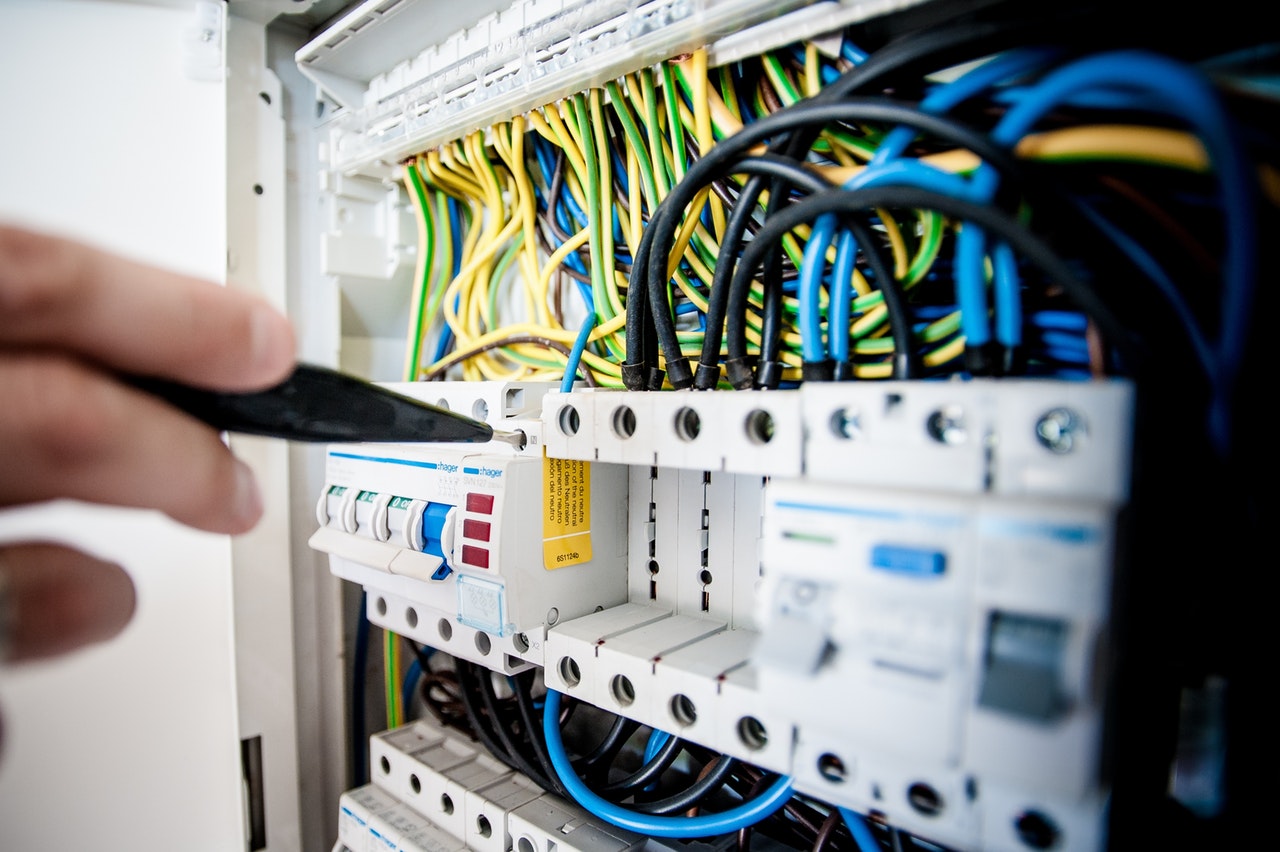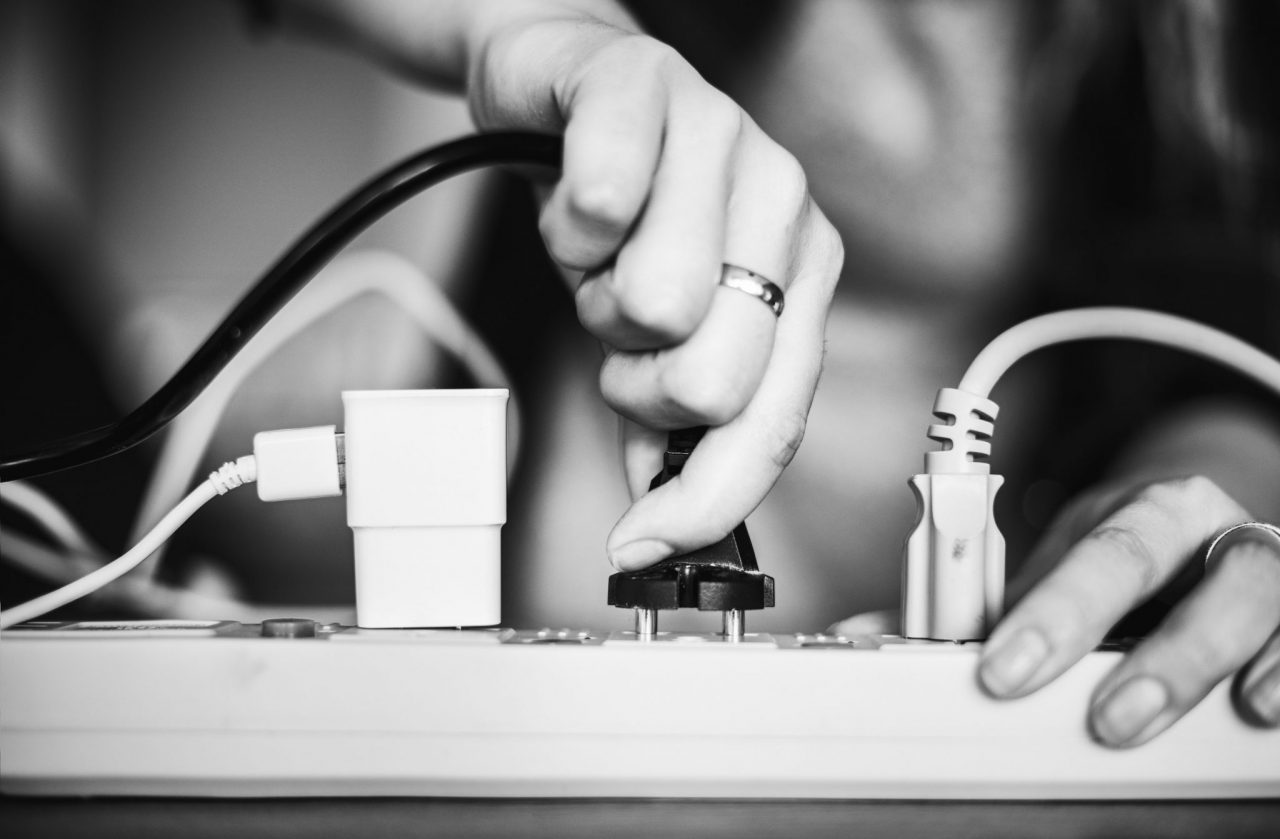
Why should you be aware of electrical faults?
- What are electrical faults?
- The causes and effects of electrical faults
- How you can prevent electrical faults from happening
A common concern of every transformer supplier is electrical faults. Not only are these dangerous, they also have the capacity to render transformers, and many other electronics completely useless. These electrical faults are incredibly dangerous and should be actively prevented to maintain a safe home or workplace.
You have to be knowledgeable about these in order to prevent them from happening. That being said, here’s a short discussion on what electrical faults are:
What are Electrical Faults?
Basically, an electrical fault is an imperfection in the electrical circuit that leads to the current deflecting from the intended path. It disturbs the normal flow of electric current and usually ends up damaging the piece of equipment or the circuit in general.
These interruptions in the electricity flow are very dangerous. Oftentimes these have enough power to inflict severe damage to your equipment and even cause death.
Considering only the basics of the nature of electrical systems, there are two principal types of electrical faults. They can be categorized as follows:
Short-circuit Faults – This happens when there is a failure with the insulation. This is the most common cause of electrical failures. Aside from being common, they’re also severe and can result in an abnormally high current through equipment. These will almost always lead to extensive damage to equipment and electronics.
Open Circuit Faults – This is a failure happens within the path of electricity. Electricity flows in a circuit — a continuous path that always goes back to its source. When an interruption is strong enough to break this path or stop the electricity flow at a point in that path, then an Open circuit fault happens. The voltage and currents will either change or cease to exist, and that sudden break in the circuit will likely damage the whole circuit.
The Causes and Effects of Electrical Faults
There are a number of factors that can lead to electrical faults. Often, they’re related to the existing power system in an area. It’s important to know the causes of these faults so that you can have an idea on how to prevent them from happening to begin with. Take a look at these causes of electrical faults.
Equipment Failure
Probably the most common cause of electrical faults, defective electrical equipment should be considered dangerous no matter what they’re used for or where they’re placed. Devices such as generators, motors, transformers, switching devices, and the likes can cause short circuit faults simply by malfunctioning. The equipment might be too old for any use, or maybe its cables are already failing when it comes to insulation.
Human Error
Hand-in-hand with equipment failure are the more probable human errors that can happen from time to time. A single mistake in rating a piece of equipment or device or forgetting things after servicing or maintenance can lead to so many unnecessary and preventable short-circuit faults happening.
Smoke
Smoke, particularly from open fires, can cause the air to ionize and result in the surrounding overhead transmission lines to spark between the lines or between conductors to insulators. This can cause insulators to lose their insulating capacity due to high voltages.
After reviewing a few of the possible causes of electrical faults, here are the most common effects that result from them:
Overcurrent flow. When faults happen, the circuit affected would usually have a very low impedance path for the current flow. Because of this, a high current is drawn from the supply and provided to everything that’s connected to the circuit. This causes relays to get tripped, insulation gets damaged, and sometimes sparks might appear.
Loss of Equipment. Electrical devices, when not protected, are usually sensitive to electrical problems. In fact, they can be burnt completely when exposed to a heavy current due to short circuit faults. Oftentimes, short circuits can even lead to electrical equipment literally getting destroyed.
Electrical Fires. In the case of smoke and short-circuiting, there’s a high probability that it will result in an electrical fire.
How Can You Prevent Them from Happening?
Electrical faults are dangerous and should not be taken lightly. You can prevent it from happening by doing a few simple things in your home or in any establishment. Here are a few things that you can do to prevent electrical faults from happening:
Install GFCI Outlets
These devices are able to detect any imbalance in the amount of electricity that flows through an appliance. When it senses a sudden difference above or below what’s the standard deviation, it will automatically cut off the power going through. This will help protect equipment that is sensitive to electrical problems and also prevent them from short-circuiting.
Know Your Appliances
You have to know the appliances you use. Are they still relatively new, or are they old and starting to malfunction a little? Plug them in GFCI outlets and unplug them as soon as you’re no longer using them. The less they’re connected to the electric grid, the fewer chances they’ll be affected by an unforeseen electrical fault.
Use Protective Electrical Devices
Nowadays there are many devices that specialize in electrical augmentation and protection. Try installing these protective machines as they will make sure that your home will be safe from most electrical hazards. Some electronics you can try out are the Uninterruptible Power System, Automatic Voltage Regulators, Protective Transformers, and so much more!
Key Takeaway
Electrical faults are just one of the many electrical hazards that can be damaging to equipment and establishments in general. You have to be actively looking for ways to prevent these from happening. Being knowledgeable about electrical faults is the first step in making sure that you’re safe from these electrical problems.








No comment yet, add your voice below!